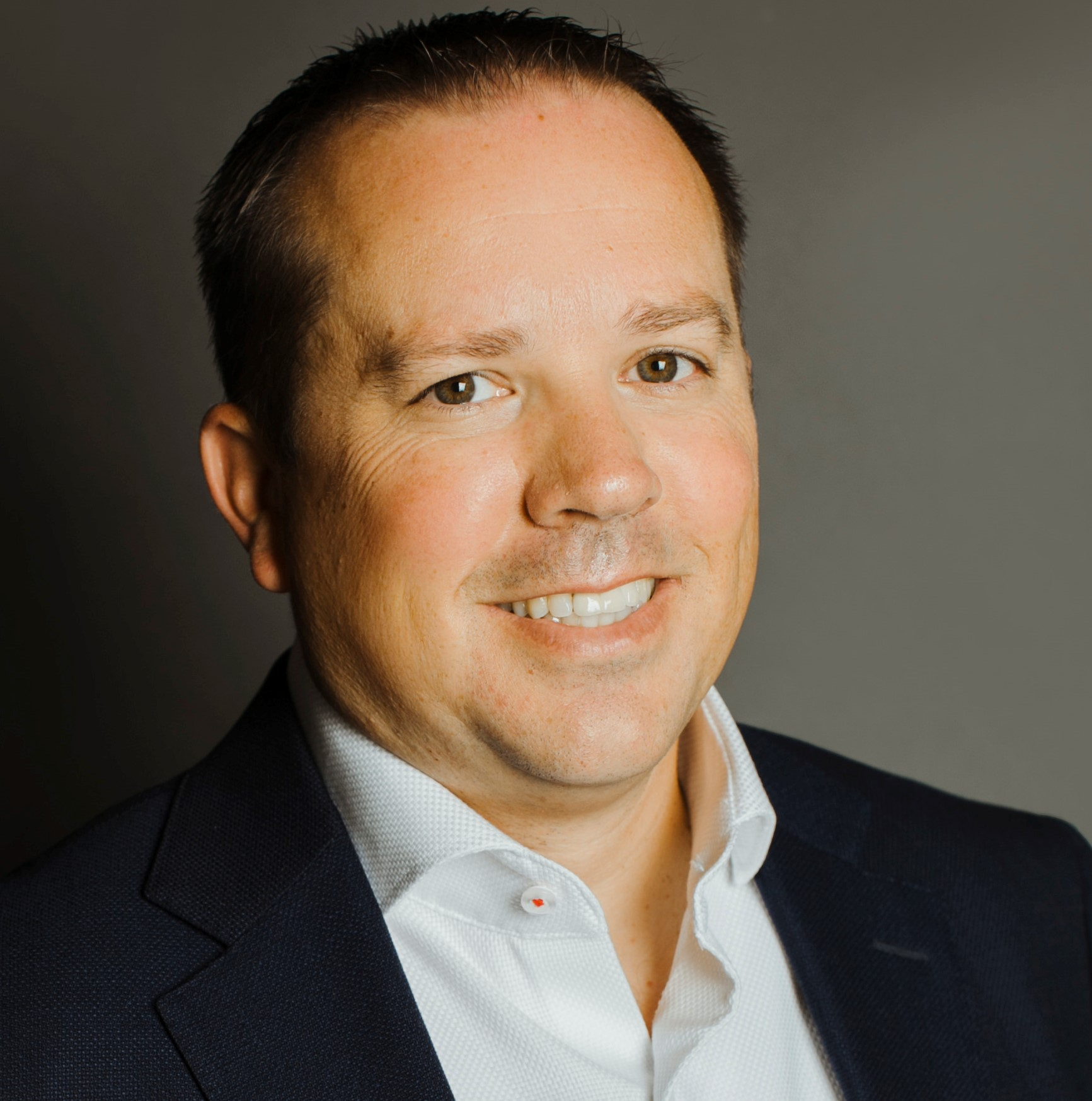
John Horne
Executive MBA – Strategic Leadership Class of 2022
Vice President Safety, Health and Environment – Nutrien
John Horne knows the value of a great mentor. In his early career, while working for Hexion Specialty Chemicals, his supervisor offered him an opportunity he couldn’t refuse.
“I was in my boss’s office one day, and he said ‘John, I think you’re good at safety, but you could be great,’” Horne said. “He told me he had a plant in Columbus, Georgia, and he wanted me to lead it.”
In his new role as a site leader, Horne received valuable, albeit sometimes challenging, coaching from his supervisor, who also became his mentor.
Horne remembered a conversation with his supervisor after an incident at the plant, which involved one of his employees loading the wrong product into a storage tank. Horne started to explain that an employee made a mistake, but his supervisor/eventual mentor stopped him, reminding him that his employees’ mistakes were his responsibility.
“He taught me extreme ownership, and he helped me understand what true leadership was,” Horne recalled. “It changed the whole course of my career. I wouldn’t be where I am today had I not had that experience.”
Horne said that, with support from his mentor, Horne developed structure and strategy to elevate the plant to its next level of capability, explaining, “We took the Columbus plant from being the most under-performing plant in North America to ‘Site of the Year’ in about 18 months.”
Becoming a Mentor
After three years of building management skills as a site leader, Horne was ready to take the next step in his career. Around that same time, a recruiter reached out to him about a new opportunity as a safety manager for PotashCorp, which later merged with Agrium to form Nutrien, and he accepted.
In the coming years, Horne was promoted into a director role at Nutrien and then to his current role as vice president of safety, health and environment. In this role, Horne pays forward the mentorship that he received. He encourages his employees to stretch their talents and achieve their best.
“My favorite part of my job is helping young leaders be great, and I’m really active as a mentor,” he explained. “Our safety, health and environment strategy at Nutrien is to grow a culture of care, and that’s also become part of the organization’s global culture.”
Pursuing an MBA
When asked what led him to the Executive MBA – Strategic Leadership (EMBA-SL), Horne explained that his immediate supervisor at Nutrien had encouraged him for a few years to consider an MBA.
In exploring programs, he considered private universities like Duke and the University of Pennsylvania, before stumbling on the University of Tennessee, Knoxville’s EMBA-SL. The structure of the program, including its one-year timeline and consolidated residence periods, was a perfect fit for his needs. Another selling point for Horne was the Organizational Action Project (OAP), which addresses a major issue at a student’s organization and offers a significant ROI.
“Part of what drew me to this program was the OAP,” he explained. “When I presented the value that the OAP could have to my boss, it was a huge selling factor.”
For his OAP, Horne developed a multi-year plan to report the company’s Scope 3 emissions, which are the greenhouse gas emissions that a company’s operations indirectly contribute to. Receiving faculty support to tackle this project, Horne delivered enormous value for Nutrien.
“What was so incredible was that we were able to get the foundation right,” he explained. “We put a plan in place that’s going to be effective for Nutrien forever, and it delivered significant value back to the company.”
Cohort Connections
In addition to gaining business knowledge, Horne made lifelong connections through the EMBA program, and he keeps in touch with several members of his cohort.
“Joining an executive cohort can feel a little overwhelming at first,” the EMBA alum explained. “But you’re surrounded by people that are on a similar path, and they’re looking to grow and develop. There’s so much learning that happens, and classmate relationships transform into lifetime friendships.”
He also appreciated the cohort’s mix. From academics to corporate leaders, his class learned from one another’s experiences and grew together.
EMBA Words of Wisdom
The EMBA-SL program helped Horne reflect on his personal and professional growth areas.
“The most significant piece of this for me was the ability to take the step back from fighting fires at work, and to invest in myself,” Horne shared. “You get to the point as a senior leader where work is so busy that making time for development can be hard. Once you commit to the EMBA program, you spend a year growing and developing and taking time to reflect.”
Horne encourages those considering the program to take the leap and invest in themselves, knowing the payoff is well worth it.
“I knew I would gain business acumen, but even beyond that, I got more value out of the program than I could’ve anticipated,” he said.